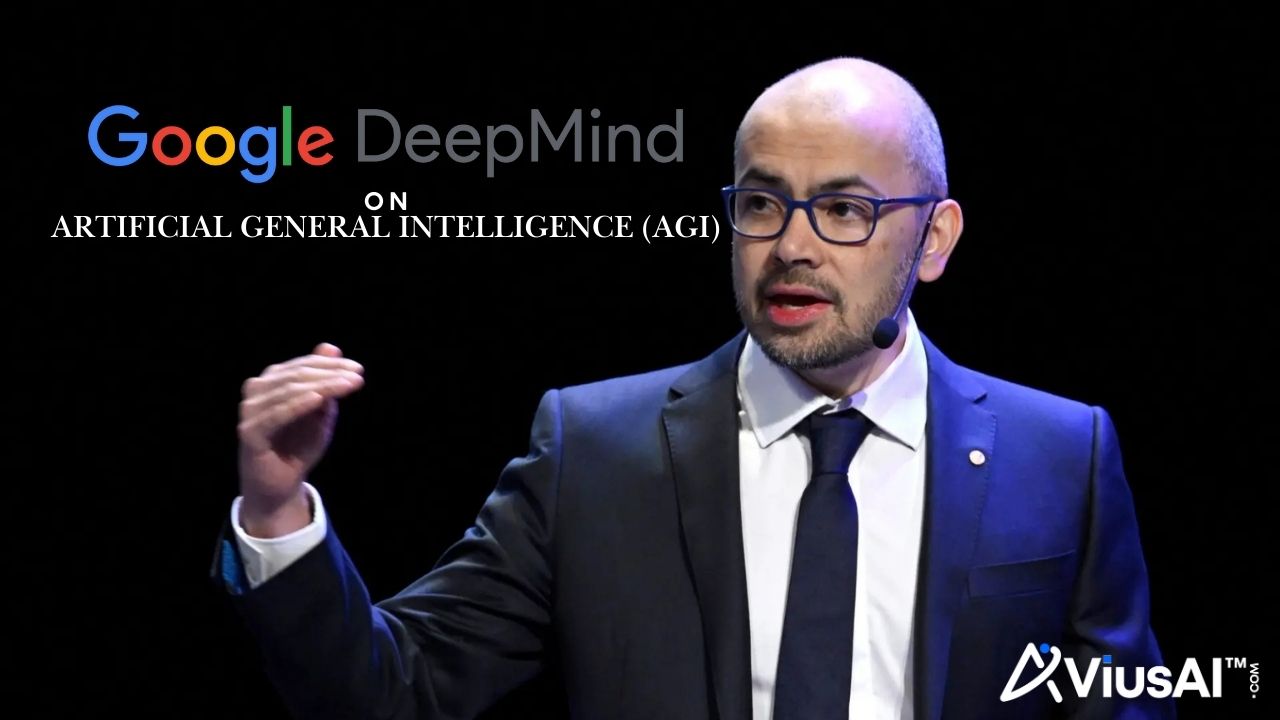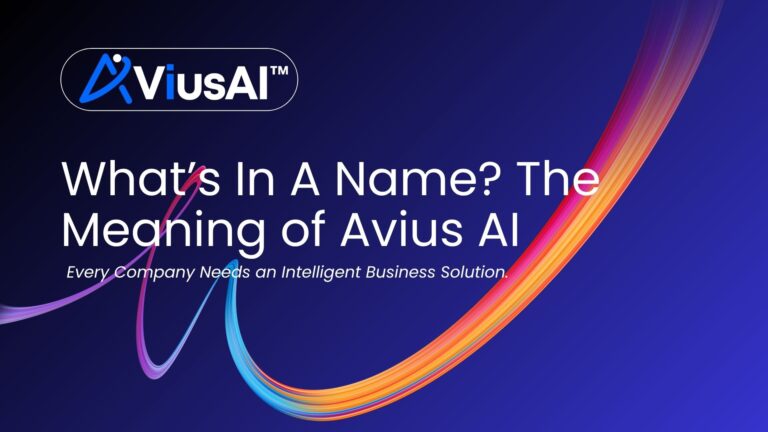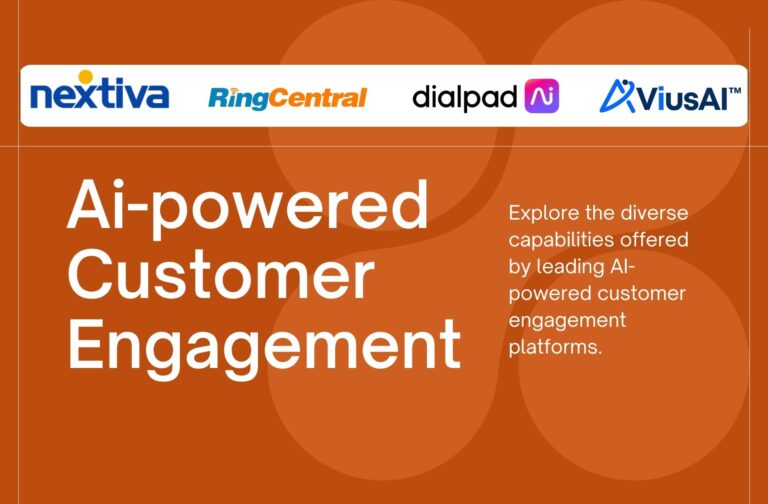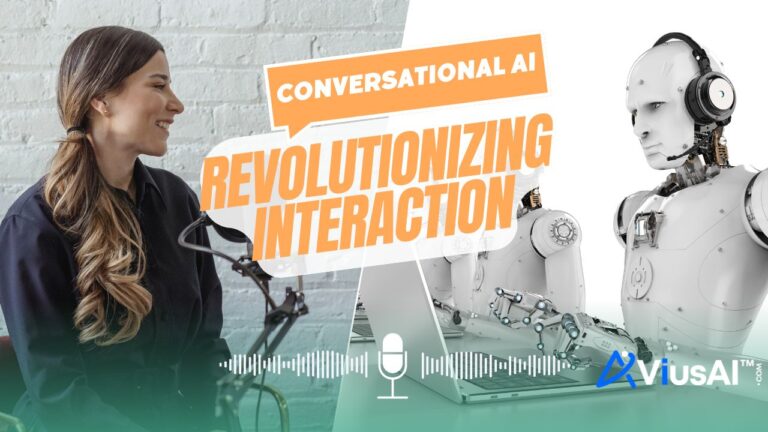Demis Hassabis, CEO of Google DeepMind and Nobel laureate, publicly challenged claims about “doctoral-level AI” and the notion that GPT-5 or similar models can function as pocket doctors, arguing that such statements are “pure nonsense.” He believes true general artificial intelligence (AGI) must show consistent, creative, and comprehensive reasoning – qualities modern AI still lacks. Hassabis predicts that at least one or two revolutionary breakthroughs are required, estimating a 5- to 10-year timeline before AGI reaches genuine doctoral-level capability.
Artificial General Intelligence (AGI)
AGI is a type of artificial intelligence that can understand, learn, and perform any intellectual task that a human being can. Unlike today’s AI, which is good only at specific tasks (like recognizing images or answering certain questions), AGI would have broad, human-level intelligence and be able to solve new problems without needing to be specially trained for each one.
In simpler terms, AGI is like a smart machine with a general brain that can think, reason, and learn about anything – like a human can – rather than just doing one job well. It’s still a theoretical goal, and real AGI does not yet exist. Researchers see it as the next big step in AI, potentially allowing machines to do anything from creative work to complex decision-making across countless areas.
Key ideas about AGI:
- It can learn and apply knowledge flexibly across different fields.
- It can solve unfamiliar problems on its own.
- It could greatly increase productivity and help with complex challenges like medicine and climate change.
- It differs from current AI, which is narrow and only works within fixed tasks.
AGI remains a concept that scientists and engineers are working toward, and while promising, it could still take years or decades to achieve in practice.
This is why current AI shouldn’t be seen as human-level intelligence but more as powerful helpers that perform specific jobs well.
Why Today’s AI Isn’t Doctoral-Level
Hassabis asserts that current large language models possess impressive skills in select domains but fail in generality and reliability. AGI, by definition, would consistently perform at doctoral expertise across fields, avoid elementary errors, and continuously learn and adapt. However, AI systems today are prone to simple mistakes and lack sustained reasoning, limiting their use in sensitive domains such as medicine.
He emphasizes:
- True AGI must maintain consistency, avoid trivial errors, and demonstrate continuous learning.
- Creativity is an unresolved challenge—current AI can’t independently propose new theories or “intuitive leaps” characteristic of top scientists.
Pathways to General Intelligence
Hassabis draws on DeepMind’s successes with AlphaFold – a hybrid AI model that helped win the Nobel Prize in Chemistry – for protein structure prediction. This achievement highlights how AI can accelerate scientific discovery but also exposes the limitations in creativity and reasoning.
DeepMind’s “Genie 3” and “Gemini Robotics” aim to develop world models and cross-robot platforms to expand AI’s comprehension of the real world. Hassabis explains that multimodal models, able to process images, audio, and video, are crucial for AGI but still need breakthroughs for robust understanding and manipulation of the physical world.
The Creativity and Reasoning Gap
A critical test for AGI would be to “truncate” an AI’s knowledge to 1901 and see if it can originate something as transformative as Einstein’s theory of relativity. Today, AI efficiently solves and analyzes existing problems, but lacks authentic creativity – the “intuitive leap” seen in history’s greatest minds.
Hassabis concludes that “generality” and consistent, creative output are missing. For example:
- AI can invent new Go strategies (as with AlphaGo’s historic “37th move”), but cannot create a game as elegant and nuanced as Go itself.
- Truly creative AI would propose entirely new frameworks, rather than merely optimize within existing rules.
Continuous Learning: The Missing Piece
Current large models rely on static, pre-trained knowledge and can’t absorb new information autonomously. Hassabis stresses that continuous online learning is vital – a trait natural in humans but missing in today’s AI.
He is cautiously optimistic, identifying scaling laws and architectural evolutions as contributing factors, but maintains that key conceptual breakthroughs are still required.
AlphaFold and Hybrid AI Models
AlphaFold represents the next step in hybrid modeling, combining deterministic and probabilistic approaches for scientific problem-solving. Hassabis champions hybrid models as the likely future of AI, enabling tailored, domain-specific solutions for protein folding, material design, fusion energy control, and more.
Immediate ROI: Avius AI in the Marketplace
Against the backdrop of Hassabis’s caution, platforms like Avius AI have already demonstrated practical ROI for businesses. Avius AI leverages robust language models, quick integration, and contextual understanding to deliver instant business value across sectors like customer service, marketing, and business operations.
- Businesses can deploy Avius AI for phone calls, support tasks, process automation, reducing overhead and freeing human talent for creative work.
- Unlike AGI, Avius’s focus is on targeted, reliable voice automation – improving efficiency, boosting customer satisfaction, and offering rapid deployment without AGI’s risks.
- Real-world examples show that companies implementing Avius AI have seen measurable outcomes: faster customer issue resolution, streamlined onboarding, and actionable insights from customer data.
Progress, Promise, and Pragmatism
The AI revolution is accelerating, with grand claims sometimes outpacing technical reality. As Hassabis highlights, present-day AI is not close to doctoral-level expertise, nor can it yet replace skilled professionals in fields like healthcare. Still, pragmatic solutions – like Avius AI – deliver immediate ROI by excelling in narrow, well-defined business domains.
True AGI, as envisioned by Hassabis, will require breakthroughs in creativity, consistency, continuous learning, and world modeling. Until those advances arrive, targeted AI platforms are the best way for business leaders to harvest value from AI technology while keeping expectations grounded in reality.
Why AI Is Not Yet a “Doctor in Your Pocket”
There has been talk that some AI systems, like the latest GPT models, have intelligence comparable to a doctor’s level. But Demis Hassabis, a top AI expert and Nobel Prize winner, says this is far from true. While today’s AI is very good at some specific tasks, it cannot truly think or reason like a human expert.
- Current AI can make simple but serious mistakes.
- It cannot come up with new ideas or solve complex scientific problems creatively.
- AI today learns from a set amount of information but cannot continuously learn or adapt on its own.
- To reach real general intelligence like a human expert, AI still needs important breakthroughs, which may take 5 to 10 years.
The article highlights that AI like AlphaFold, which helps predict protein structures and even won a Nobel Prize, is a big step forward. But even that AI lacks creativity and full understanding.
What This Means for Businesses Now
While true “doctor-level” AI is still years away, practical AI tools that help businesses today are already proving valuable. One example is Avius AI – an AI technology designed to improve how businesses communicate with customers.
What Is Avius AI?
Avius AI is a smart system that helps companies handle customer phone calls, answer frequently asked questions and tasks using AI-powered voice calls and web chat. It acts like a virtual assistant that:
- Works 24 hours a day, 7 days a week.
- Understands what customers really want, not just keywords.
- Improves over time by learning from every interaction.
- Helps businesses save money by automating common requests.
- Frees up human workers to handle more complex or important tasks.
Why Avius AI Matters
Many companies struggle to keep up with customer calls and messages due to staff shortages and costs. Avius AI solves this by handling routine questions automatically and quickly, meaning:
- Customers get faster answers anytime.
- Businesses can operate around the clock.
- Staff productivity can increase by up to 60%.
- Costs can drop dramatically – Avius claims up to 17 times cheaper than traditional customer service methods. They know because they have helped build the complex call/contact centers and are familiar with the costs involved.
For example, real estate firms can use Avius AI to answer common questions about properties or schedules, while human agents focus on sales and client meetings.
Real Benefits Without Waiting for Sci-Fi AI
Unlike the futuristic AI that can think like a doctor or scientist, Avius AI offers immediate, practical gains for businesses today. It helps companies provide better service, reduce costs, and make their teams more effective by automating repetitive tasks with smart technology.
Bottom Line
- AI that matches human experts in creativity and reasoning is still years away.
- However, useful AI tools like Avius AI are here now, helping businesses improve communication and customer service.
- Avius AI is a great example of how AI can deliver real results and return on investment today.







